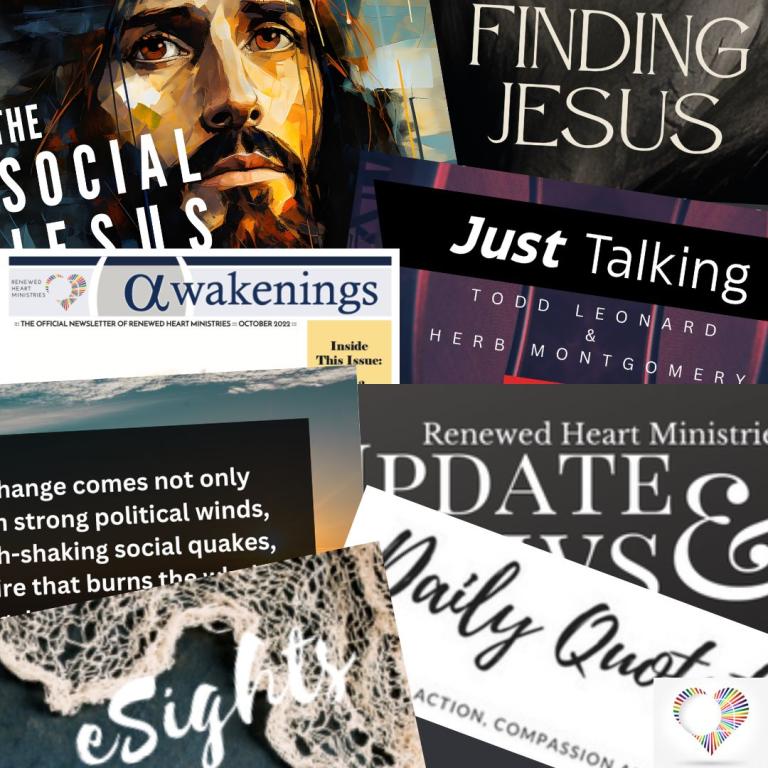
Our title this week is Labelling Social Justice as Dangerous and our lectionary reading this upcoming weekend from the gospels is from the book of Mark:
Then Jesus entered a house, and again a crowd gathered, so that he and his disciples were not even able to eat. When his family heard about this, they went to take charge of him, for they said, “He is out of his mind.”
Welcome Readers! Please subscribe to Social Jesus Here.
And the teachers of the law who came down from Jerusalem said, “He is possessed by Beelzebul! By the prince of demons he is driving out demons.”
So Jesus called them over to him and began to speak to them in parables: “How can the Satan drive out Satan? If a kingdom is divided against itself, that kingdom cannot stand. If a house is divided against itself, that house cannot stand. And if Satan opposes himself and is divided, he cannot stand; his end has come. In fact, no one can enter a strong man’s house without first tying him up. Then he can plunder the strong man’s house. Truly I tell you, people can be forgiven all their sins and every slander they utter, but whoever blasphemes against the Holy Spirit will never be forgiven; they are guilty of an eternal sin.”
He said this because they were saying, “He has an impure spirit.”
Then Jesus’ mother and brothers arrived. Standing outside, they sent someone in to call him. A crowd was sitting around him, and they told him, “Your mother and brothers are outside looking for you.”
“Who are my mother and my brothers?” he asked.
Then he looked at those seated in a circle around him and said, “Here are my mother and my brothers! Whoever does God’s will is my brother and sister and mother.” (Mark 3:20-24)
Scholars refer to this week’s story as the Beelzebub controversy. It is written in the language and worldview of those living at the time of this story, and there is much in it for us to glean for our time today.
To help us understand the backdrop of this language and worldview, Gerd Theissen’s words are helpful:
“We may understand the kingdom of Satan as a symbolic accentuation of the negative experiences of earthly rule. According to the apocalypse of the shepherds in Ethiopic Enoch 85–90, when Israel lost its political independence, God relegated rule over it to the fallen angels, the subjects of Satan. The mythological events here reflect political ones.” (Gerd Theissen, The First Followers of Jesus: A Sociological Analysis of the Earliest Christianity, p. 76)
A common worldview of those within Jesus’ society was that our world was made up of a dualism of the seen world and the unseen world. These two worlds were connected. The unseen world was divided into the kingdom of God and kingdom of Satan. Those in power were connected to and even, at times, conduits of these unseen powers. Whatever we make of this way of interpreting our world today, consider the concrete events that the language of “kingdom of Satan” is attempting to describe. The Roman Empire had possessed the Temple State, whose capital was the temple in Jerusalem, as well as the synagogue system and the everyday lives of Jewish people. Socially, politically, economically, the people were now possessed by Rome/Caesar. A more obvious example is the story of the demoniac in Mark 5. Jesus asks the possessed person for his name and the name given is the name of largest military unit of the Roman army: “My name is Legion” (Mark 5:9). The Roman legion often “possessed,” inhabited, or was stationed in areas known to cause problems for the Pax Romana.
Jesus is leading a Jewish renewal/reformation movement calling his society back to the social justice ethics found in the Torah and building on them. As complicated as this language is for us today, calling the masses to be afraid of that which is in their best interest so that the powerful can stay in their positions of power is something we are very familiar with. It may be done differently today, but it’s still done all around us. We’ll begin unpacking this, next.
(Read Part 2)
Are you receiving all of RHM’s free resources each week?
Begin each day being inspired toward love, compassion, justice and action. Free.
Sign up at:
https://renewedheartministries.com/Contact-forms/?form=EmailSignUp















